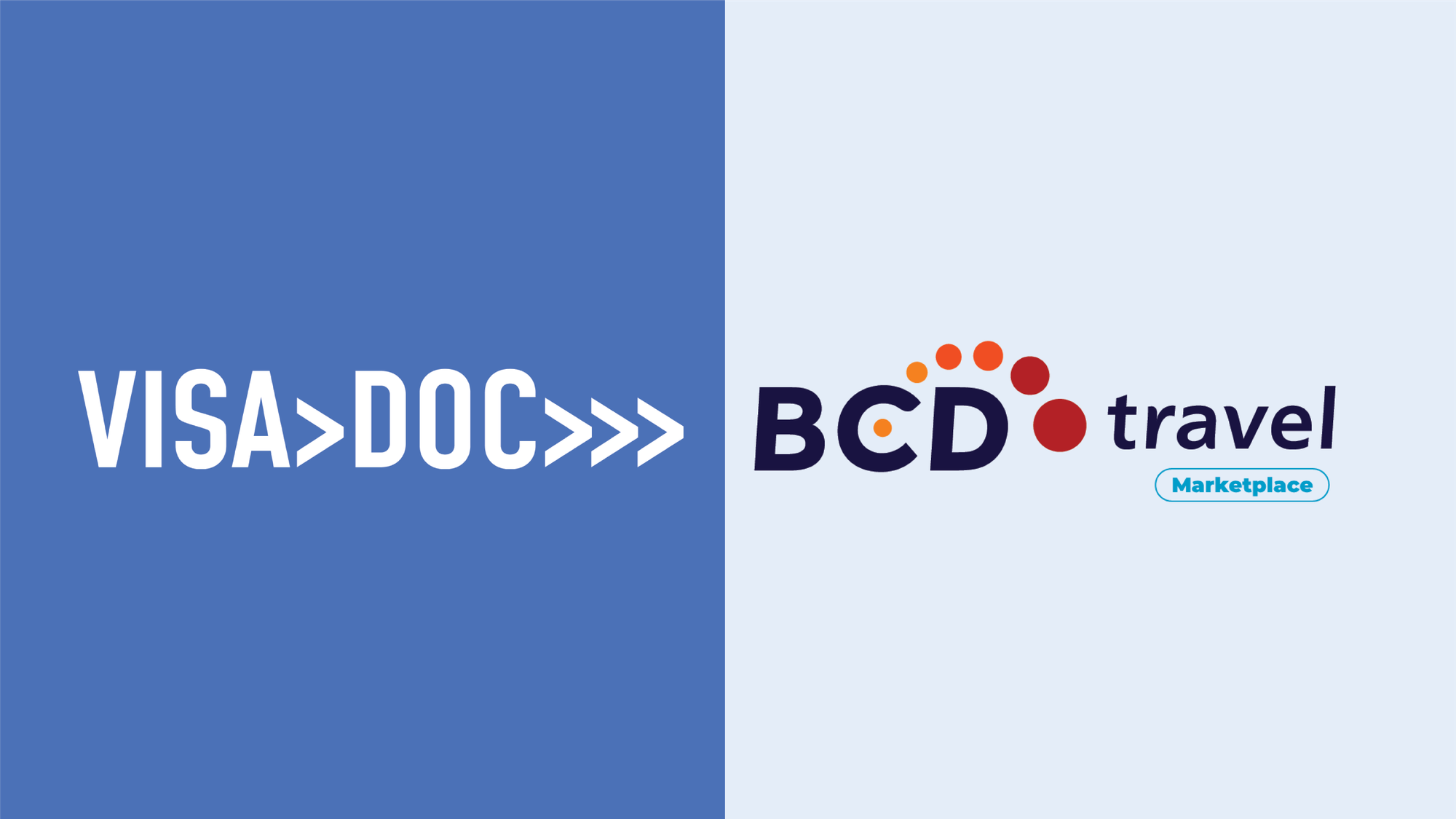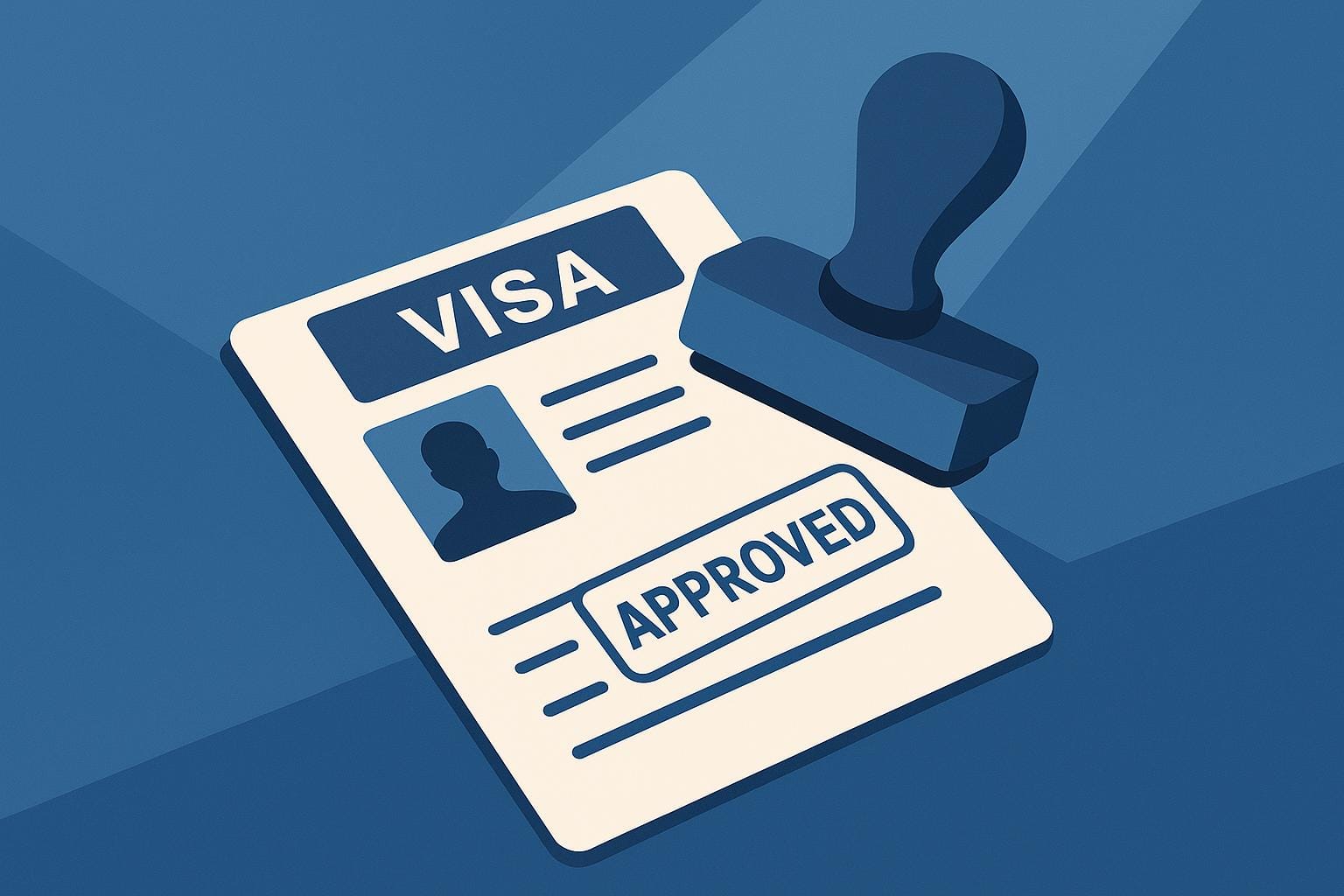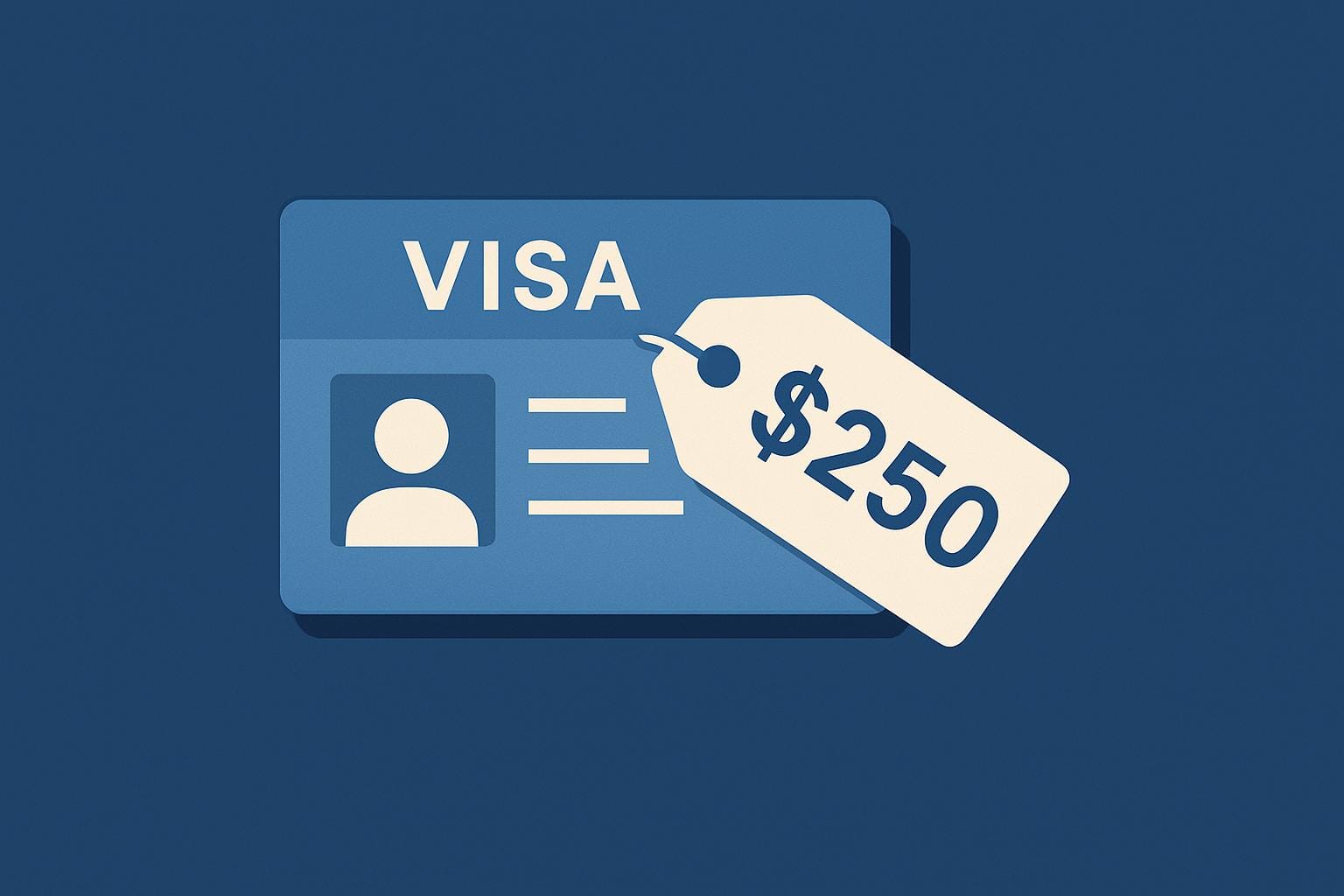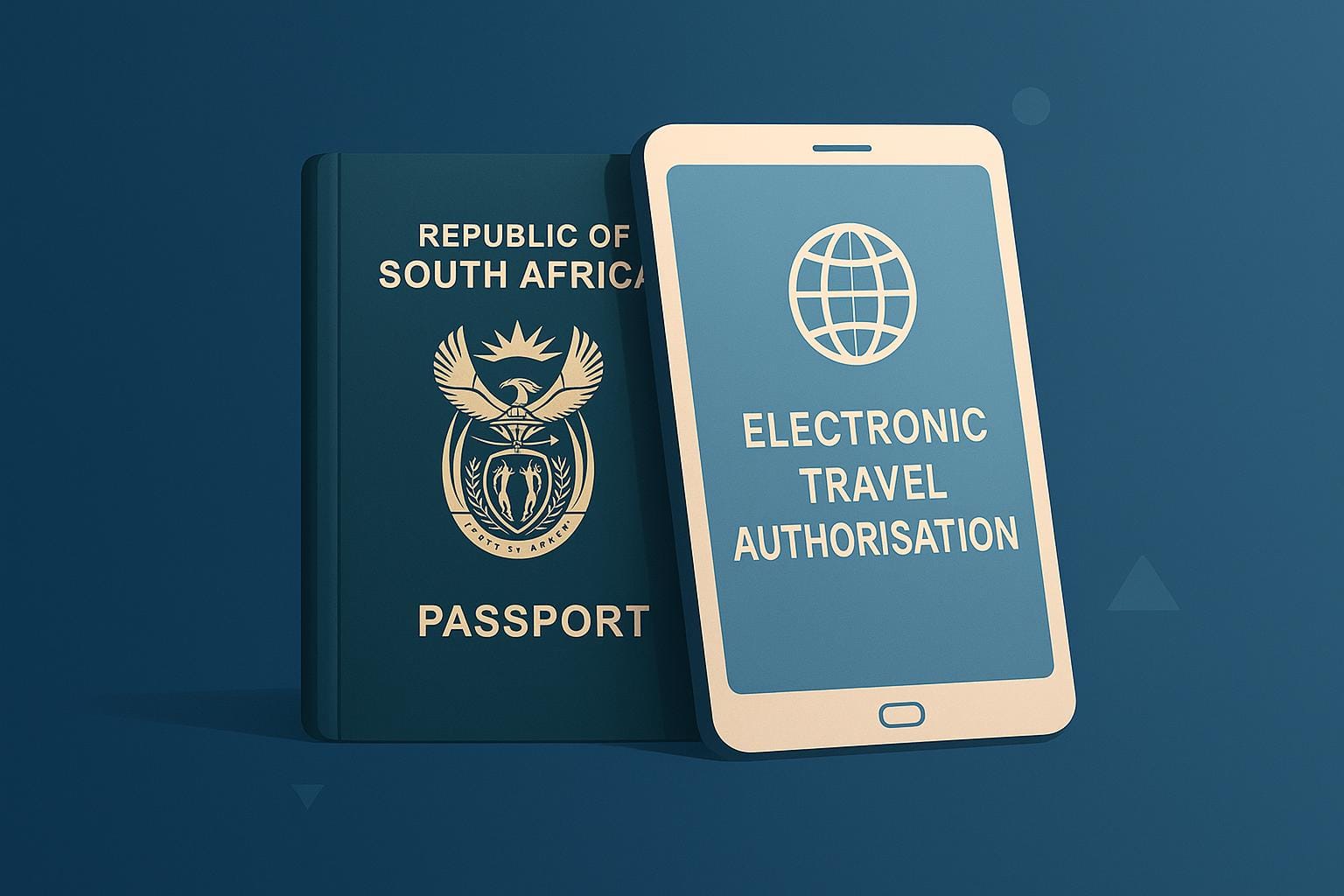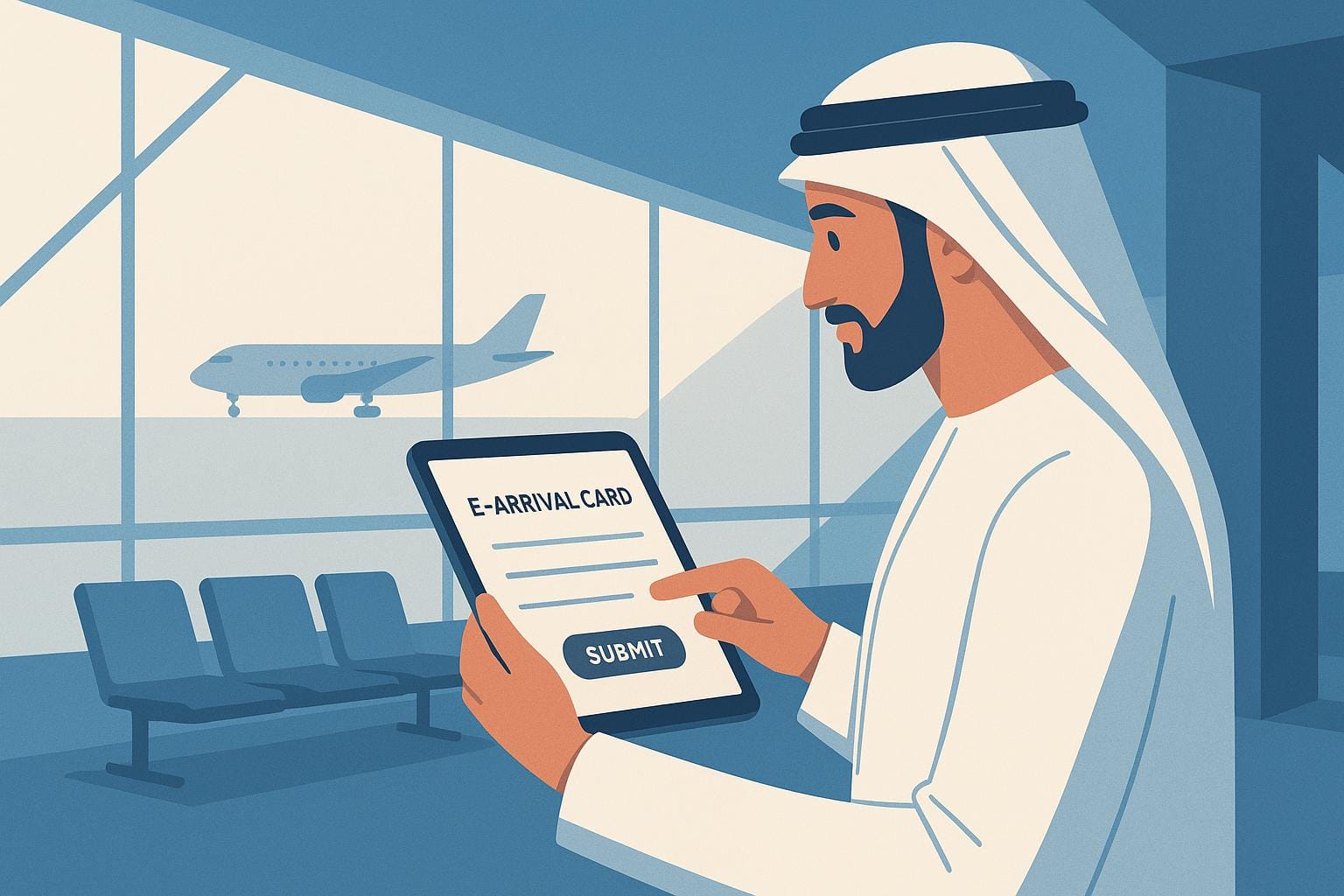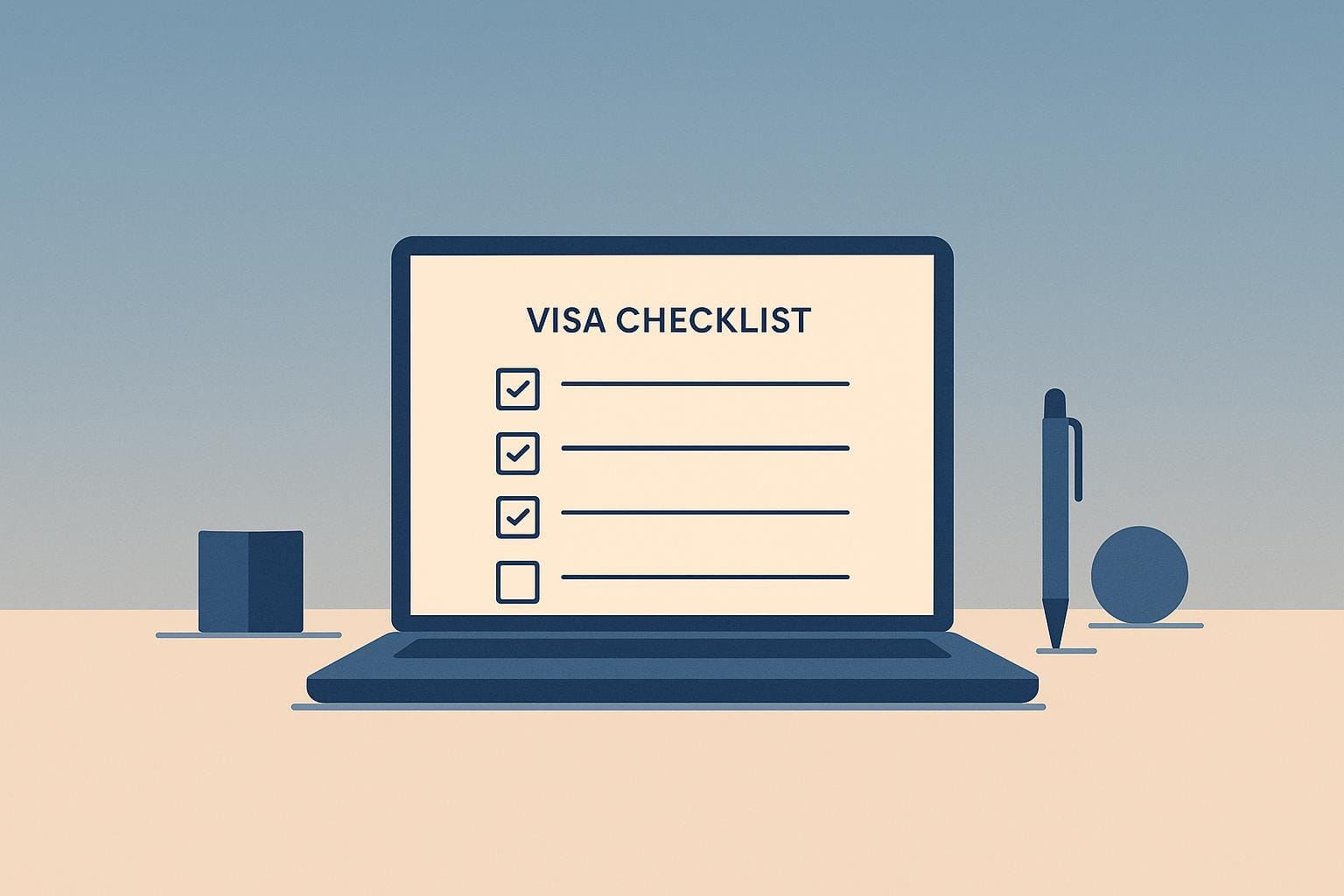Managing employee visas can be tricky, but getting it right avoids fines and delays. Here’s a quick guide to simplify the process:
- Stay compliant: Understand visa rules, like the UK’s sponsor licence requirement and new Electronic Travel Authorisation (ETA) starting January 2025 (£10 per application).
- Use tools: Platforms like VisaDoc automate document checks, track applications, and ensure compliance.
- Train employees: Provide checklists, workshops, and support to avoid mistakes.
- Plan for risks: Have backups for delays and ensure secure record-keeping.
Quick Tip: UK business visas range from short-term Standard Visitor Visas to long-term options like Senior or Specialist Worker visas. Processing takes ~3 weeks, so plan ahead.
With the right tools and preparation, you can streamline visa management and help employees focus on their work.
Business Visa Basics
Understanding the UK’s business visa requirements is essential for travel managers supporting employee travel and assignments.
UK Business Visa Types
The UK offers several visa categories for business purposes. The Standard Visitor Visa allows business-related activities for up to six months but does not permit paid work for UK-based organisations. For longer assignments, the Senior or Specialist Worker visa enables overseas businesses to send employees to their UK operations.
The Global Business Mobility scheme includes the following options:
| Visa Type | Purpose | Key Requirements |
|---|---|---|
| Senior or Specialist Worker | For senior staff or specialists | Requires a sponsor licence and minimum skill level |
| Graduate Trainee | For overseas workers on training programmes | Must be part of a graduate training scheme |
| UK Expansion Worker | For overseas businesses setting up in the UK | Requires detailed business plans |
| Service Supplier | For contractual service providers | Must have a valid contract with a UK client |
Meeting UK Compliance Standards
Starting in January 2025, travellers from certain countries will need an Electronic Travel Authorization (ETA), costing £10 per application. Organisations hiring overseas staff must also hold a valid sponsor licence.
Key compliance responsibilities include:
- Keeping systems in place to monitor sponsored employees
- Reporting any changes in employees' circumstances to UK Visas and Immigration (UKVI)
- Maintaining proof of a genuine UK trading presence
- Assigning the correct Certificates of Sponsorship (CoS)
Processing Times and Fees
Most work visa applications, such as the Skilled Worker or Senior or Specialist Worker visas, are processed in about three weeks when submitted from outside the UK. However, processing times can vary based on application details, volume, technical issues, or whether priority services are used.
The UKVI begins processing applications after applicants verify their identity and submit all required documents, either online or at a visa application centre. Errors in applications can lead to major delays, so it’s critical to have a robust document-checking process to meet UKVI standards.
Next, we’ll look at how visa management tools can simplify these processes.
Using Visa Management Tools
Modern visa management platforms simplify the process of handling employee visas. With centralised systems, organisations can speed up processing times while ensuring they stay compliant with regulations.
Central Visa Management Systems
VisaDoc's AI-driven platform automates visa applications by verifying documents and spotting errors automatically. This allows travel managers to:
- Monitor applications in real time
- Check that all documents are complete before submitting
- Identify errors that could cause delays
By automating verification, the platform helps avoid common mistakes that often result in rejections or slowdowns. This is especially important for UK visa applications, where even small errors can lead to significant delays.
| Function | Benefit | Impact |
|---|---|---|
| Document Verification | Fewer submission errors | Faster processing times |
| Automated Monitoring | Tracks application status | Better visibility |
| Compliance Checking | Ensures regulatory alignment | Lower risk of penalties |
In addition to centralised tools, linking visa management with HR systems can improve the overall workflow.
Connecting HR and Travel Tools
Combining visa management with HR platforms ensures a smoother process for employee mobility. VisaDoc's API features allow travel managers to:
- Sync employee data across systems automatically
- Create documents using existing HR records
- Track visa progress directly in travel booking systems
- Keep all records in one place for compliance
This integration not only simplifies the visa process but also ensures compliance with global immigration laws.
"VisaDoc launches AI-powered visa processing platform to streamline business travel" - Travel And Tour World
Employee Support Methods
Organised support reduces processing delays and mistakes. These methods work alongside our automated visa processing system, helping teams collaborate more efficiently.
Travel Document Checklists
Detailed checklists ensure employees gather the necessary documents quickly. For UK business visa applications, the key items include:
| Document Category | Required Items | Additional Notes |
|---|---|---|
| Personal Documents | • Valid passport (minimum 6 months' validity) • Two recent passport photos • Birth/marriage certificates |
Keep both physical and digital copies |
| Employment Proof | • Current employment letter • Recent payslips • Professional licences |
Original documents are required |
| Financial Evidence | • Bank statements • Proof of financial resources |
Cover records for the last 3–6 months |
| Travel Purpose | • Evidence of business activity • Meeting invitations • Conference registrations |
Must match the visa type |
VisaDoc simplifies this process by creating tailored checklists based on the visa type and employee details, ensuring no document is overlooked.
Staff Visa Training
Effective training helps employees understand visa requirements and handle applications with confidence. Key training methods include:
- Educational Sessions: Regular workshops cover visa policies, required documents, and common mistakes. These sessions also address cultural differences and local rules.
- Digital Resources: Employees can access updated guides and video tutorials through VisaDoc's learning centre.
- Practical Support: Offer hands-on help with tricky forms, especially for those applying for the first time.
Application Status Updates
Keeping employees informed throughout the visa process is crucial. Travel managers can support this by:
- Centralised Tracking: Use VisaDoc’s dashboard to monitor applications and share real-time updates. This reduces uncertainty and ensures quick responses to additional document requests.
- Integrated Support: Regular check-ins with employees are essential. Backup options include:
- Access to legal support
- Flexible remote work setups
- Adjusted travel schedules
- Establishing secondary business contacts
This communication approach works hand-in-hand with automation to ensure the process remains transparent and efficient.
Risk and Compliance Management
Managing immigration compliance requires accurate systems and a strong legal framework, all while supporting a workforce that may need to move across borders.
Immigration Policy Updates
VisaDoc's system provides automated daily alerts from the Home Office, quick assessments of any changes, and clear notifications to keep staff informed. For instance, the UK's new Electronic Travel Authorisation (ETA) programme is a digital pre-travel requirement that now applies to visa-exempt travellers, including those visiting for business purposes. Staying informed about such changes is critical for compliance.
Keeping detailed and secure records is equally important to meet the demands of changing regulations.
Document Record-Keeping
Ensure all visa applications, supporting documents, and correspondence are stored securely in encrypted digital formats. Link travel logs with HR systems and comply with GDPR to maintain data privacy.
Backup Plans
When complications arise, having fallback options can make a big difference. Here are some key strategies:
- Application Delays: Build in extra time during application processes and allow for flexible remote work arrangements.
- Document Requests: Keep additional copies of crucial documents, like extra employment proofs, extended financial records, and secondary contact details.
- Emergency Support: Assign immigration specialists, set aside a budget for expedited processing, and plan for alternative travel arrangements if necessary.
Conclusion
Travel managers can use AI-driven visa management tools to simplify global mobility and maintain compliance. Automated document checks and real-time tracking play a key role in this process. These methods reflect the practices discussed earlier.
Automated systems for verifying documents and handling applications have shown clear efficiency benefits, especially for multinational companies managing frequent business travel. A strong visa management plan combines technology with well-defined procedures, such as:
- Centralised Documentation: Digital storage integrated with HR platforms
- Compliance Alerts: Automated updates on immigration policies
- Employee Support: Clear communication and guidance for staff
The future of visa management blends smart automation with tailored support. By embracing modern solutions, organisations can build efficient and compliant global mobility programmes that prioritise employee needs.
Visa management isn’t just about processing paperwork - it’s about creating a system that allows employees to focus on their work without unnecessary distractions.




